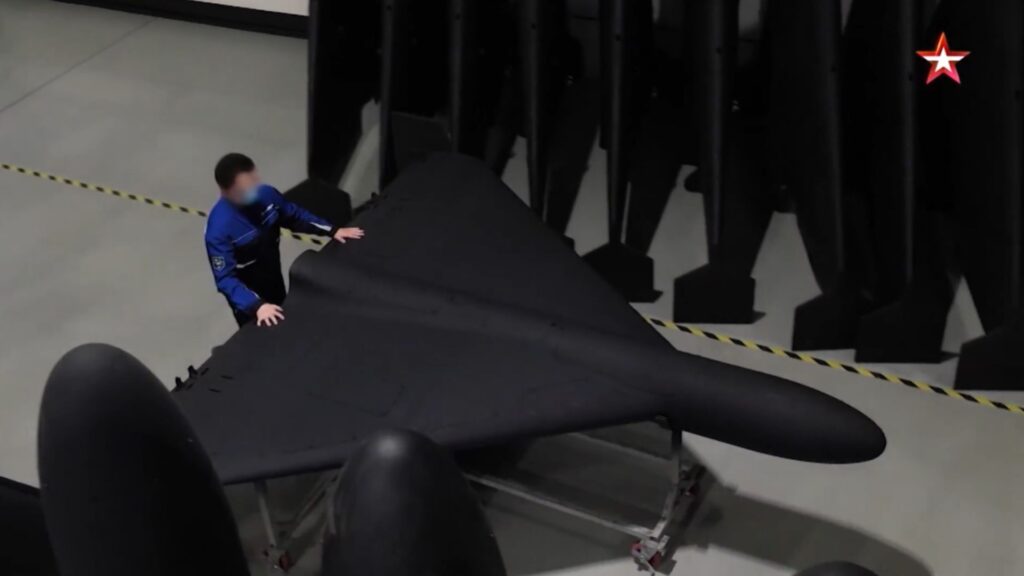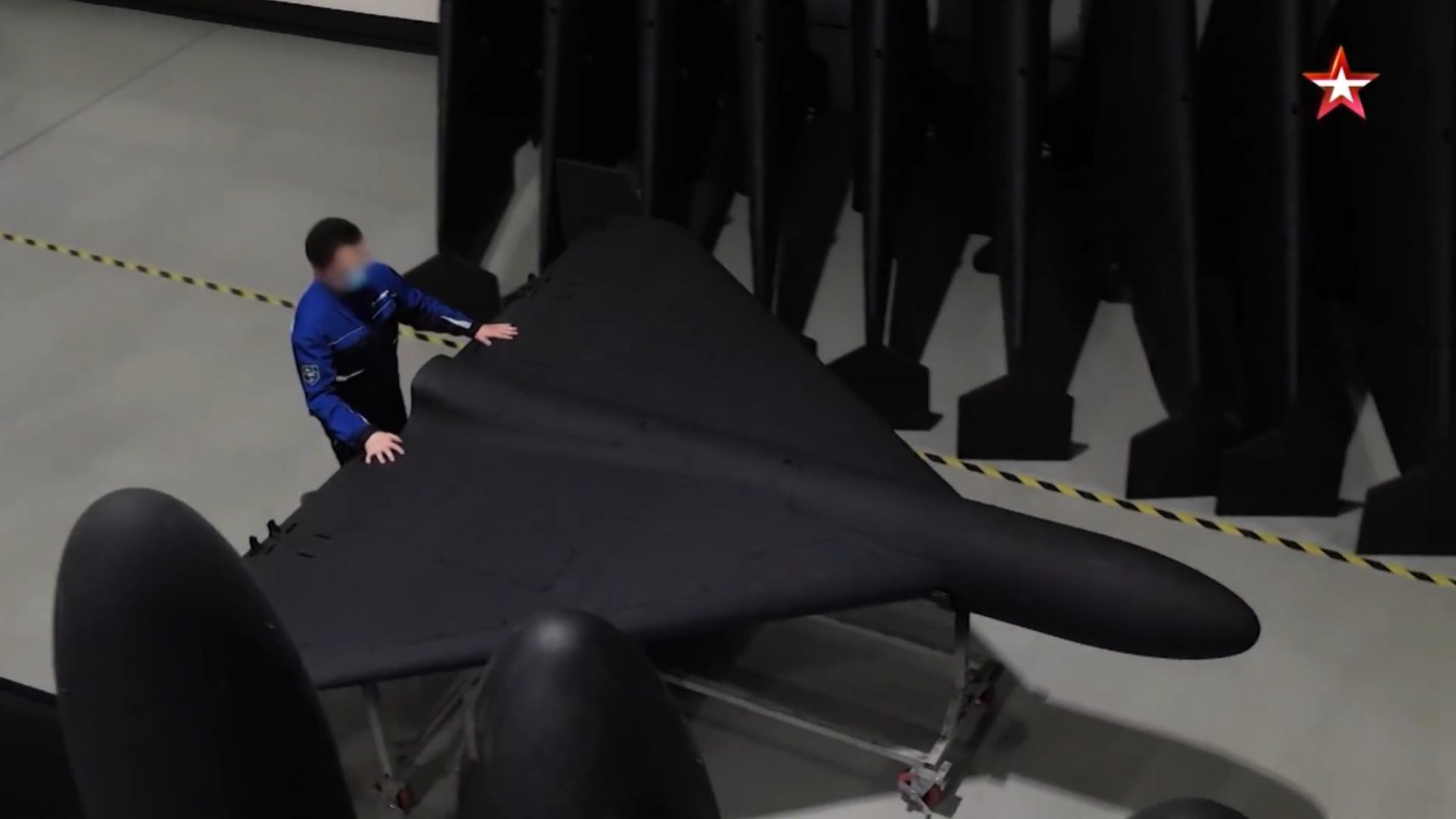
Britain on Tuesday unveiled Project Octopus, a plan to mass-produce advanced Ukrainian-designed interceptor drones in UK factories, marking a significant escalation in support for Ukraine’s air defense against Russian drone and missile attacks. Defence Secretary John Healey announced the initiative at the Defence and Security Equipment International trade show in London, describing it as the first tangible outcome of a new UK-Ukraine technology-sharing agreement that will bolster both nations’ defense industries and workforce capabilities (UK Government).
The announcement came hours after Polish and Dutch fighter jets, under NATO command, shot down Russian drones that violated Polish airspace for the first time since the war began. Poland invoked Article 4 of the NATO Treaty to consult on security threats, highlighting the conflict’s growing regional spillover and urgency for enhanced collective defense measures (Reuters).
Technology Partnership Drives Production Scale
Under Project Octopus, UK-based defense manufacturers will produce thousands of interceptor drones each month, leveraging Ukrainian combat-tested designs. Each drone costs less than 10% of the value of the Russian Shahed-style drones it intercepts, offering a cost-effective shield. The rapid engagement capability allows these interceptors to destroy incoming threats before they can strike critical infrastructure or frontline positions.
Prime Minister Sir Keir Starmer hailed the collaboration as a “landmark moment” for UK-Ukraine cooperation, emphasizing that sharing intellectual property and operational expertise will accelerate innovation. British engineers will work alongside Ukrainian counterparts to refine drone guidance systems, production efficiency, and maintenance protocols, creating skilled jobs in UK regions selected under the Defence Industrial Strategy.
Escalating Regional Tensions
Tuesday’s announcement followed a major Russian drone raid on western Ukraine involving over 450 drones and missiles, during which at least three drones crossed into Polish airspace. NATO jets intercepted and downed the intruders, prompting Poland to close its skies temporarily. Polish Prime Minister Donald Tusk described the episode as “the closest we have been to open conflict since World War Two” while reassuring that NATO remains united and no further breaches are anticipated.
Defence Secretary Healey condemned the “reckless” airspace violation and confirmed that UK forces are exploring options to reinforce NATO’s eastern flank. The incident underscores the necessity of rapid-response capabilities like interceptor drones to deter future incursions and maintain the integrity of allied airspace.
Defense Industry Growth Initiative
Project Octopus is a core element of Britain’s broader Defence Industrial Strategy, which allocates £250 million for regional defense growth deals and £182 million for skills training programs. These investments aim to transform defense manufacturing into a catalyst for economic development, ensuring that facilities across the UK can scale production to meet both domestic and allied requirements.
According to Reuters, the UK has committed £4.5 billion in military aid to Ukraine this year—its largest pledge to date—and plans to increase drone deliveries tenfold by April 2026. The UK-led International Fund for Ukraine has now secured over £2 billion from 12 partner countries, underscoring collective resolve to support Ukraine’s defense and rebuild its security infrastructure post-conflict.











